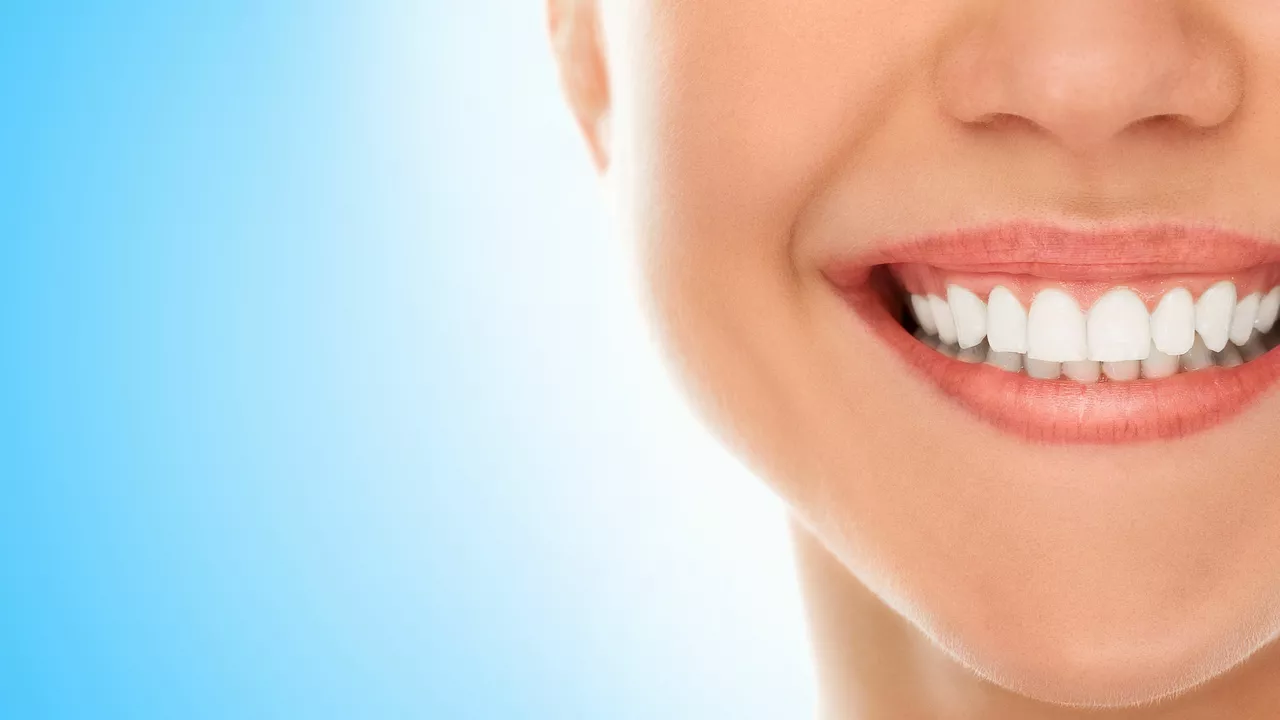Dry Mouth (Xerostomia): Fast Tips to Feel Better
Dry mouth is more than annoying — it can make eating, talking, and sleeping hard. If your mouth feels parched most of the day, you probably have xerostomia (that’s the medical name). This page gives simple, useful steps you can try right now and explains when you should see a doctor.
Common causes you should know
Medications are the top cause. Many antidepressants, antihistamines, blood pressure drugs, and pain medicines cut saliva production. Mouth breathing — from nasal congestion or sleep apnea — dries your mouth overnight. Health conditions like diabetes, Sjögren’s syndrome, and cancer treatments (radiation to the head or neck) also cause long-term dryness. Dehydration, caffeine, alcohol, and smoking make things worse.
Practical relief tips that actually work
Drink water often. Small sips throughout the day beat gulping a lot at once. Keep a water bottle handy and set reminders if you forget.
Chew sugar-free gum or suck on sugar-free lozenges. Look for xylitol — it helps saliva flow and lowers cavity risk.
Use a fluoride toothpaste and rinse with a no-alcohol fluoride mouthwash. Dry mouths get cavities faster, so protect your teeth.
Try saliva substitutes and oral moisturizers. You can buy gels, sprays, and lozenges at the pharmacy. They don’t replace saliva but can ease discomfort and help with swallowing.
Humidify your bedroom air at night. A small humidifier keeps your mouth from drying while you sleep.
Limit drinks and foods that dry you out: alcohol, caffeine, salty snacks, and spicy foods. Quit smoking if you can — it worsens dryness and damages oral tissue.
Practice good oral hygiene and visit your dentist more often. Tell your dentist about dry mouth so they can check for cavities and recommend extra fluoride or protective coatings.
If your dry mouth is caused by medicines, don’t stop them on your own. Talk to the prescribing doctor. Sometimes switching drugs, lowering a dose, or taking medication at a different time of day helps.
For persistent or severe dry mouth, prescription options exist. Drugs like pilocarpine and cevimeline stimulate saliva but carry side effects and aren’t right for everyone. Your doctor will weigh benefits and risks before prescribing.
Watch for warning signs: trouble swallowing, constant mouth sores, sore throat, cracked lips, or sudden bad breath. Those suggest complications and need medical or dental care.
Dry mouth is common and often manageable. Start with water, sugar-free gum, and a humidifier. If those don’t help or you have other symptoms, make an appointment. A simple change or a short prescription can bring big relief.

